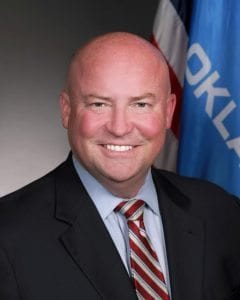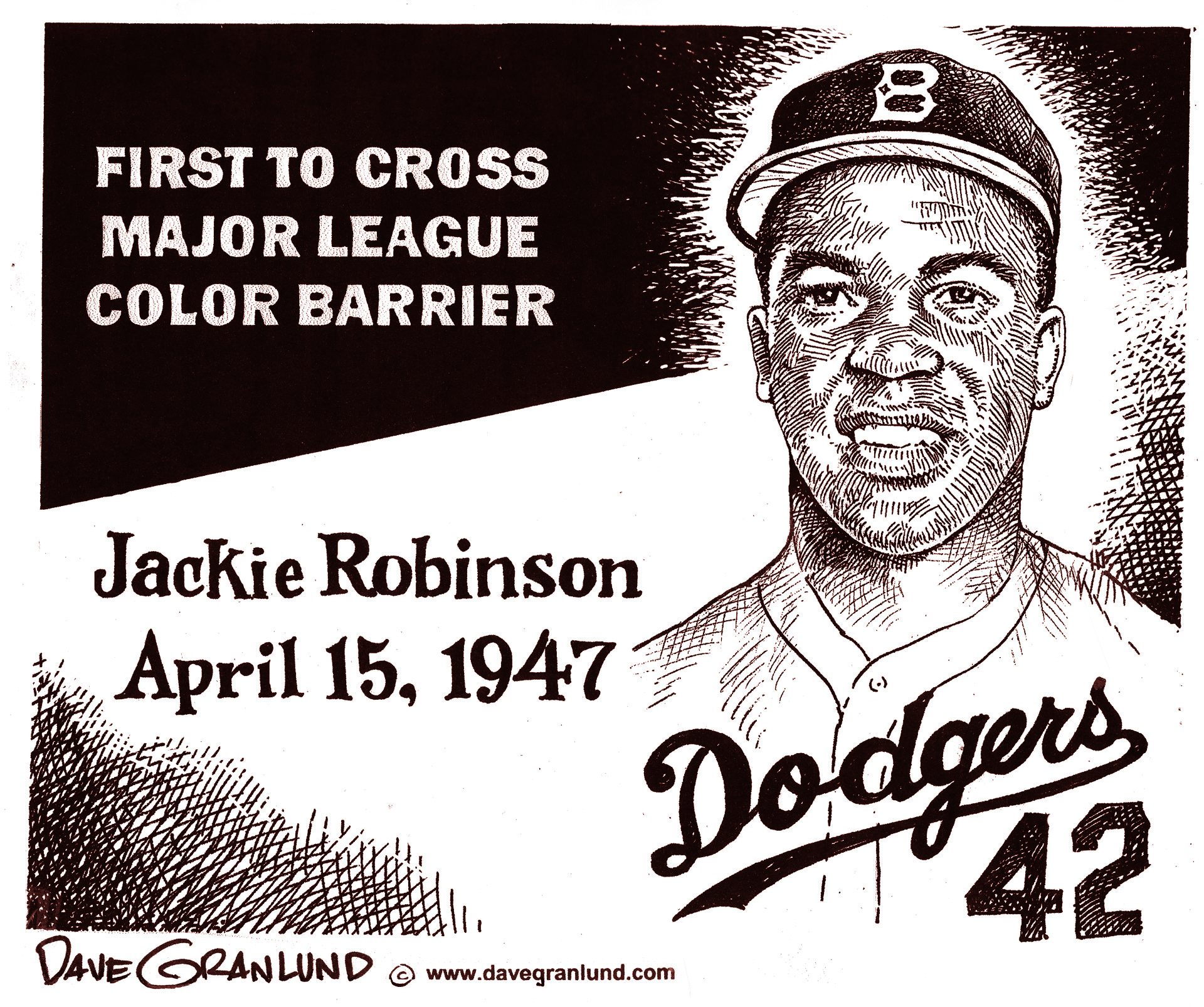BY JOE DORMAN
 On Jan. 31, the Bricktown Rotary will honor Clayton Kershaw of the Los Angeles Dodgers with its annual Warren Spahn award, named after an Oklahoman who was one of the all-time great Major League pitchers. The upcoming award ceremony got me thinking about baseball in America and its unique relationship with race.
On Jan. 31, the Bricktown Rotary will honor Clayton Kershaw of the Los Angeles Dodgers with its annual Warren Spahn award, named after an Oklahoman who was one of the all-time great Major League pitchers. The upcoming award ceremony got me thinking about baseball in America and its unique relationship with race.
Last year was the 70th anniversary of desegregation in Major League Baseball, a major milestone in the civil rights movement. Baseball has always been thought of as “America’s Pastime,” and the victory won by players like Jackie Robinson resonated far beyond sports. It was a cultural and political victory for all black Americans.
Given baseball’s historic importance in the civil rights movement, it has been strange to see the number of black ballplayers declining, even as the percentage of black athletes rises in other sports. US News & World Report covered a fascinating story last July on this topic. Their analysis showed that 75% of NBA and 64% of NFL players are black, while only 8% of MLB players are African-American.
1981 was the high-water mark for black baseball players, when they made up 19% of all MLB athletes. The 1981 MLB All-Star Game had 63 total players, with 14 African-Americans on the rosters, or 22%. In the All-Star Game last year, of 32 players selected, only three were African-American, or around 5%. The question posed by US News & World Report was, “What has happened to black baseball players?”
The conclusion they reached in their article was that a trifecta of factors was pushing blacks away from the sport: job-loss, urbanization and mass incarceration.
Over the past 38 years, the United States has lost 7.2 million factory jobs. These jobs paid livable wages and benefits to workers. Workers at these jobs had enough disposable income to afford balls, bats, mitts, gloves and little league fees. A 40-hour work week meant that workers also had enough time to play with their children. Replacing manufacturing jobs with service work in other places of employment has led to less income and less free time.
Another factor is the phenomenon known as “white flight,” where more affluent families flee to the suburbs leaving lower income minorities in inner-cities. With little space in urban areas, along with the aforementioned reduction in jobs, there are fewer opportunities for playing baseball. Suburbs, with higher incomes and more space, have factored in the need for places for children to play. The article cited that most black major league baseball players in modern times are from middle-class families and grew up in the suburbs.
Finally, taking fathers out of the family structure significantly hurts these numbers. In 1979, there were about 350,000 prisoners in the United States. Today, there are 2.3 million prisoners. According to sentencingproject.org, African Americans are incarcerated in state prisons across the country at more than five times the rate of Caucasian inmates. Tying this back to Oklahoma current affairs, our state has the highest overall black incarceration rate, with one in 15 black males ages 18 and older in prison.
The decline in black participation in baseball, a sport I love, makes me sad. Baseball teaches teamwork, hard work and patience. It is a uniquely American activity that has been an important part of our cultural fabric for over 100 years. For black children to lack access to the sport because of social problems is a tragedy.
Economic realities and over-incarceration are public policy problems that can be addressed in state capitols and city halls, but also can be addressed by individuals. David Prater, the Oklahoma County District Attorney, often reminds people that there are 800,000 kids in Oklahoma, and what if every adult took it upon themselves to mentor one child in our state? We could change these generational issues in one generation.
So, when baseball season rolls around, consider taking a child out to see the OKC Dodgers play, the LA Dodges Triple A affiliate located in Oklahoma City. The Dodgers’ Double A affiliate, the Tulsa Drillers, also provides an affordable day out at the ball park. Both teams offer fun programs for kids to learn and enjoy the sport. You never know, you might be encouraging the next Jackie Robinson, but you will certainly be making a difference in the life of that child.
Also, for more information on the Warren Spahn Award, go to http://www.okcspahnawards.com/.
– Former state Rep. Joe Dorman is CEO of the Oklahoma Institute for Child Advocacy








